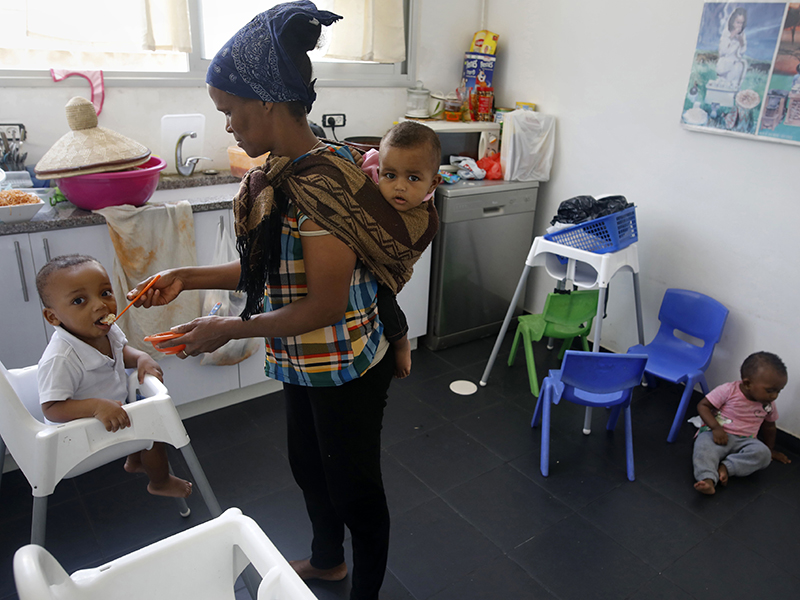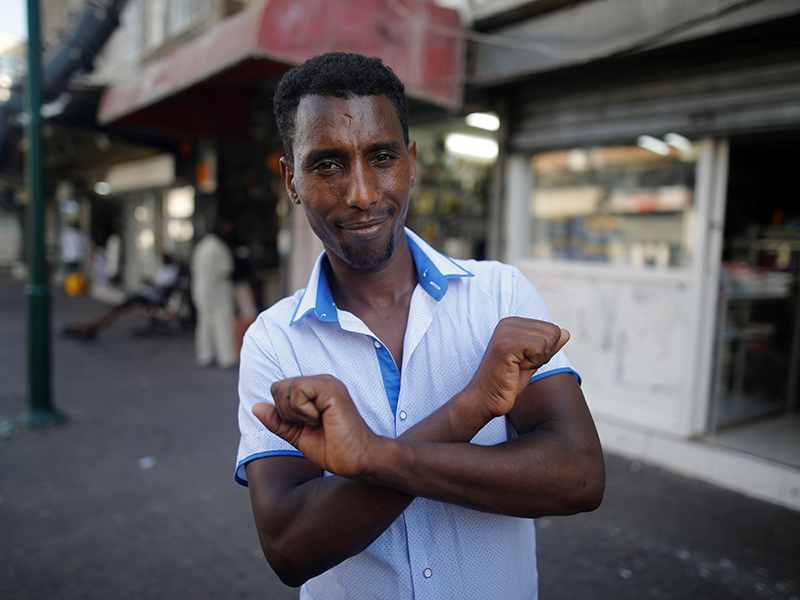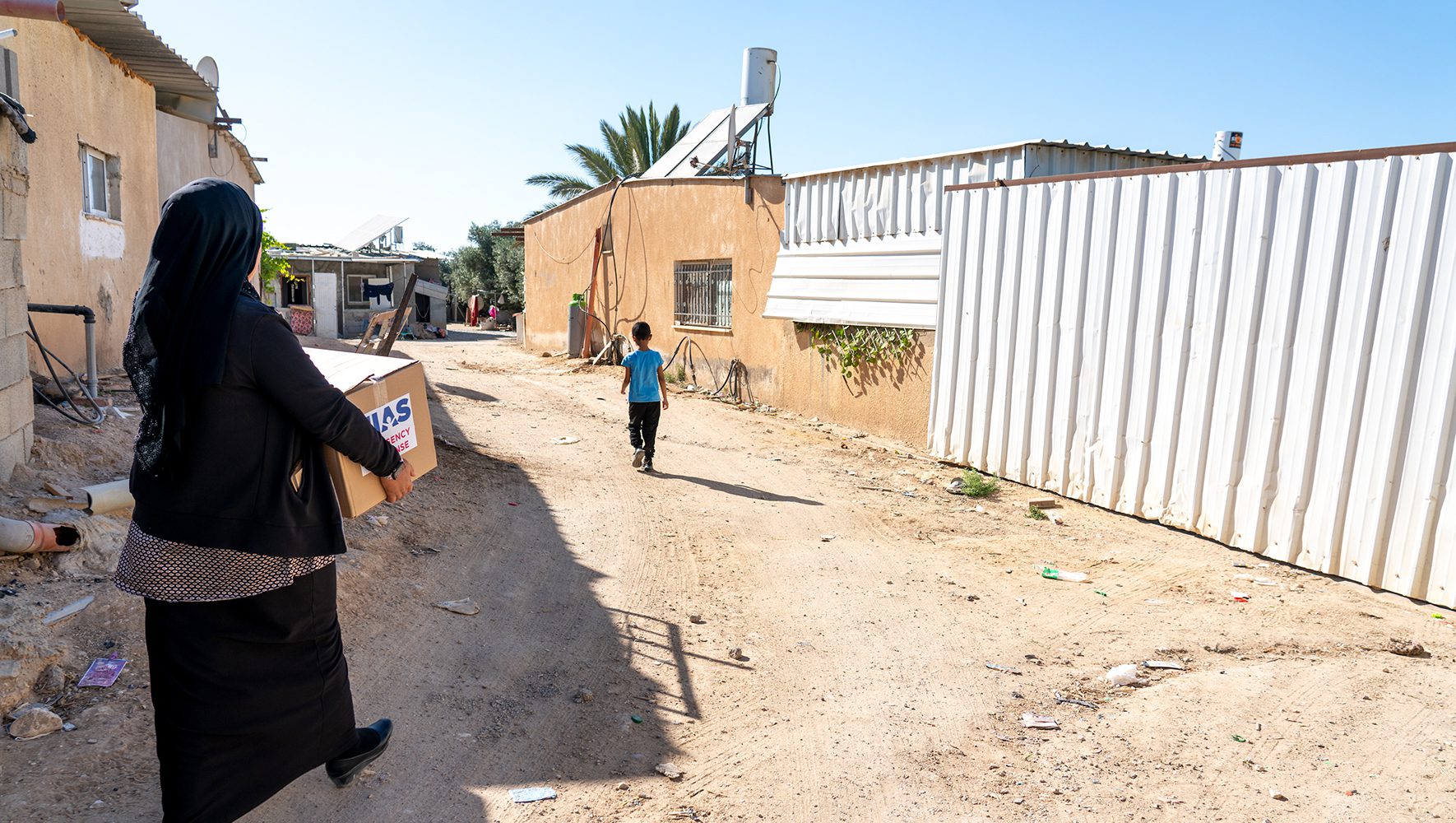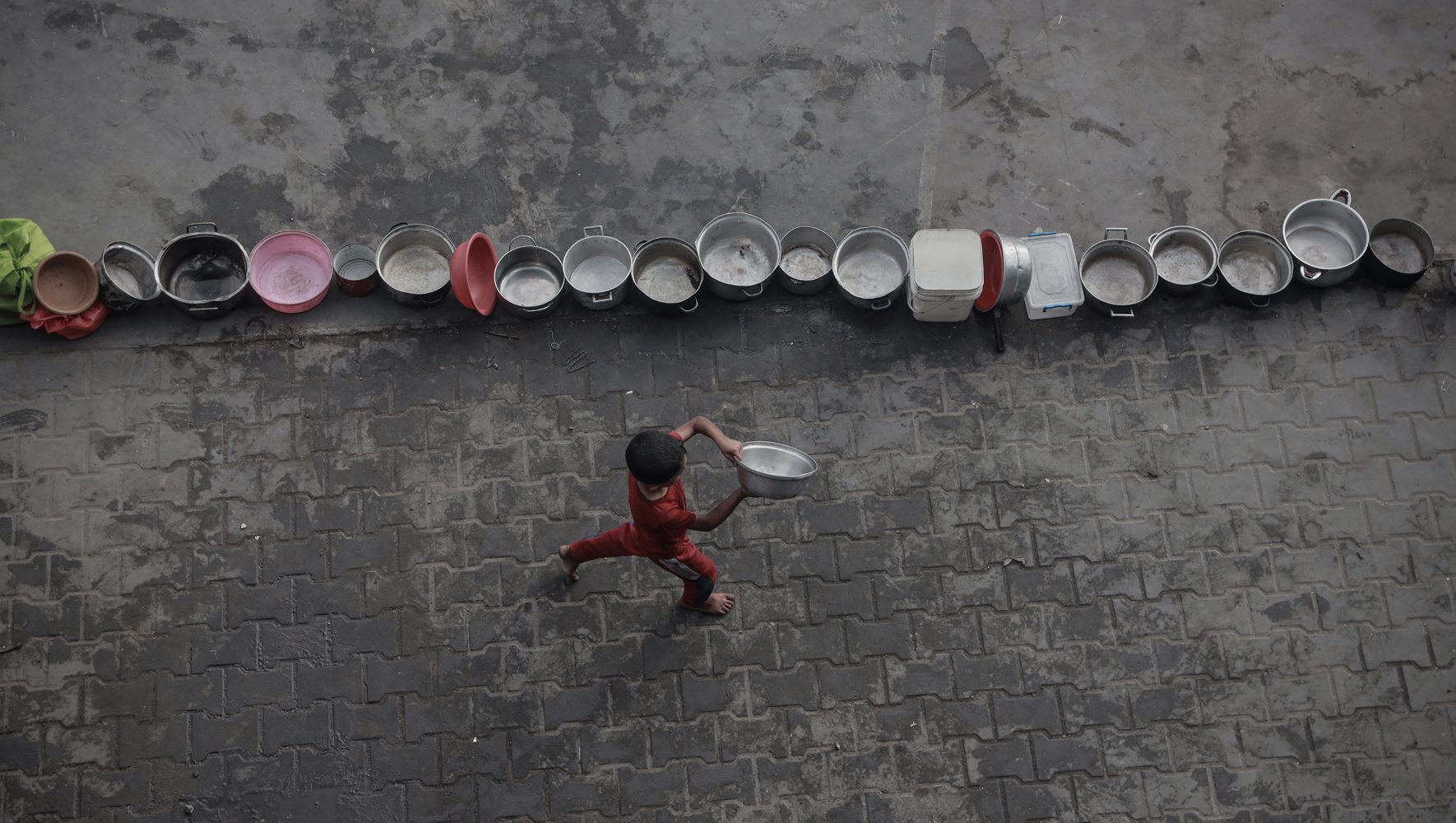Israel’s Latest Measures Against African Asylum Seekers Face Renewed Opposition
By Gabe Cahn, HIAS.org
Dec 07, 2017
Living conditions for the estimated 38,000 Africans seeking asylum in Israel have never been easy. On Wednesday, November 29, a committee in Israel’s Knesset (parliament) voted to make their lives even harder.
Already grappling with the inherent uncertainty of having no permanent legal status, this population, many of whom have been waiting years for an asylum hearing, now faces arguably the most direct threat to its future in the Jewish state.
Specifically, the recently proposed measures would make it more difficult to move freely or find work within Israel, and, pending the potential closure of the Holot detention center later this spring, allow the government to either imprison Eritrean and Sudanese nationals or deport them to a third country such as Rwanda.
“There has always been a campaign of social and political marginalization on the part of the Israeli government,” explained Sivan Carmel, country director for HIAS Israel, “but this is an escalation.”
“For the amount of time and resources the government has committed to creating an impossible existence for individuals—people who are simply searching for safety—surely it could have resolved the situation in a fair and humane way within Israel, such as geographic dispersion throughout the country. Deportation is not the answer.”
Ahead of a meeting between Israeli Prime Minister Benjamin Netanyahu and Rwandan President Paul Kagame last month, HIAS Israel was one of seven leading Israeli human rights organizations which urged President Kagame not to accept refugees forced out of Israel.
The groups wrote in part, “we trust in you, and the people of Rwanda, that you will not agree to this denial of liberty. We hope and trust you will not agree that African refugees are caged and traded in this way.”
Across the ocean, 25 American Jewish leaders reached out to Israeli Prime Minister with a similar appeal.
“Please do not deport these individuals who have sought refuge among the Jewish People, but rather let us work together in addressing the burdens and challenges of our moral obligations,” the leaders wrote in a letter sent Wednesday, November 29. (Individuals can add their names to the letter by clicking here).
HIAS President and CEO Mark Hetfield, who joined the Religious Action Center of Reform Judaism, the National Council of Jewish Women, the Conservative movement’s Rabbinical Assembly, the New Israel Fund, and T’ruah: The Rabbinic Call for Human Rights, among others, asserted that a policy of deportation would be “inconsistent with the values of a Jewish and democratic state founded by refugees.”
"As the planet faces the largest refugee crisis in history, Israel should be a light unto the nations and ensure that all asylum seekers within her borders are protected and treated with dignity,” he added.
In an interview with Newsweek, HIAS Senior Vice President for Public Affairs Melanie Nezer argued that Israel is also “both legally and morally obligated to protect refugees and other persons in need of international protection.”
“The Refugee Convention came about after the Holocaust because the international community wanted to make sure that something like it never happened again,” Nezer told the news outlet.
“As the first signatory to the convention, Israel has a responsibility to uphold its standards.”
And in South Tel Aviv, where the bulk of the African asylum seeking community lives, residents are also speaking out.
Moti Katz, a neighborhood activist, told The Jerusalem Post that the area doesn’t have anything against refugees.
“We hope the government will solve the problem by spreading them around the country instead of deporting them to Rwanda,” he said.
“If you put 1,000 or 2,000 immigrants here and there, then there is no problem. But by putting 40,000 in one area, of course there is going to be a problem,” he added.
Want to learn more about the current situation for Africans seeking asylum in Israel? Join a webinar hosted by T'ruah on Monday, December 11 at 11:30 am EST that will feature HIAS Israel Country Director Sivan Carmel.





